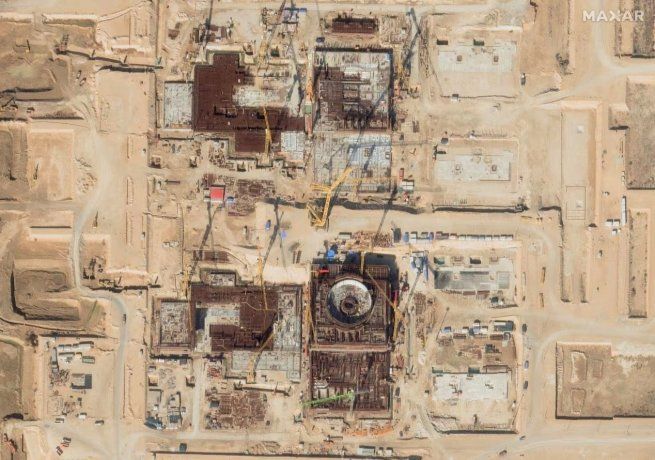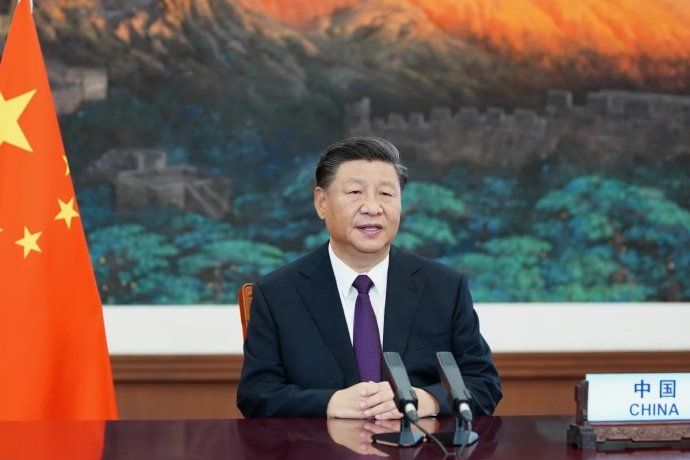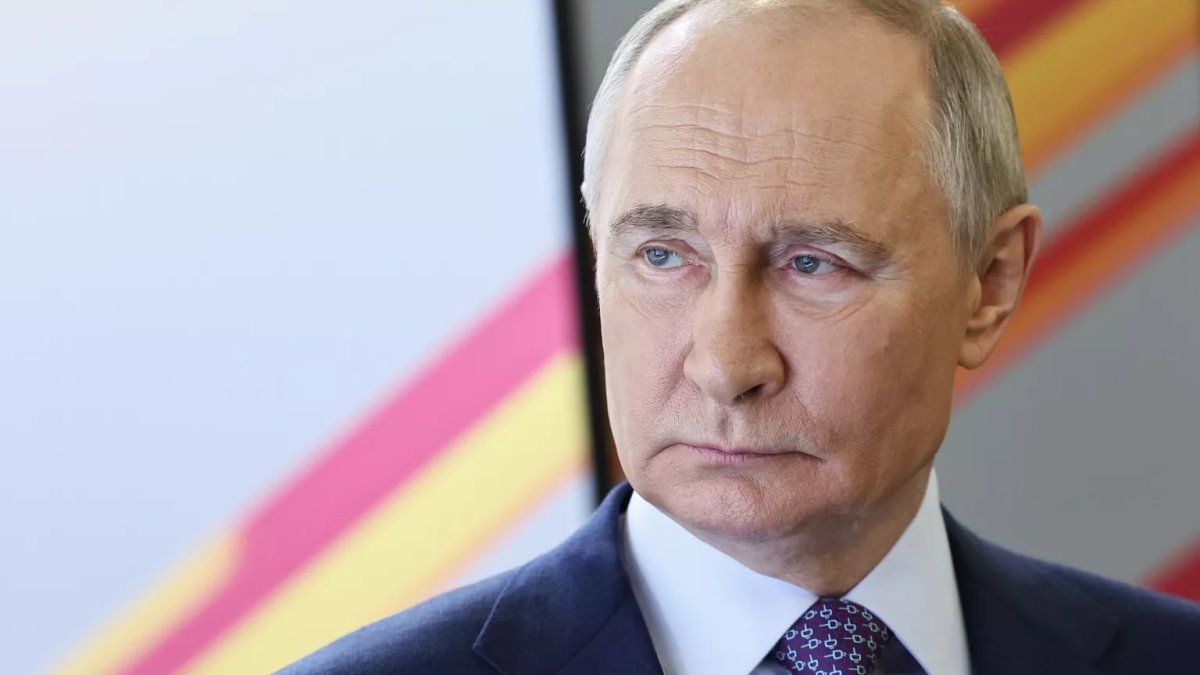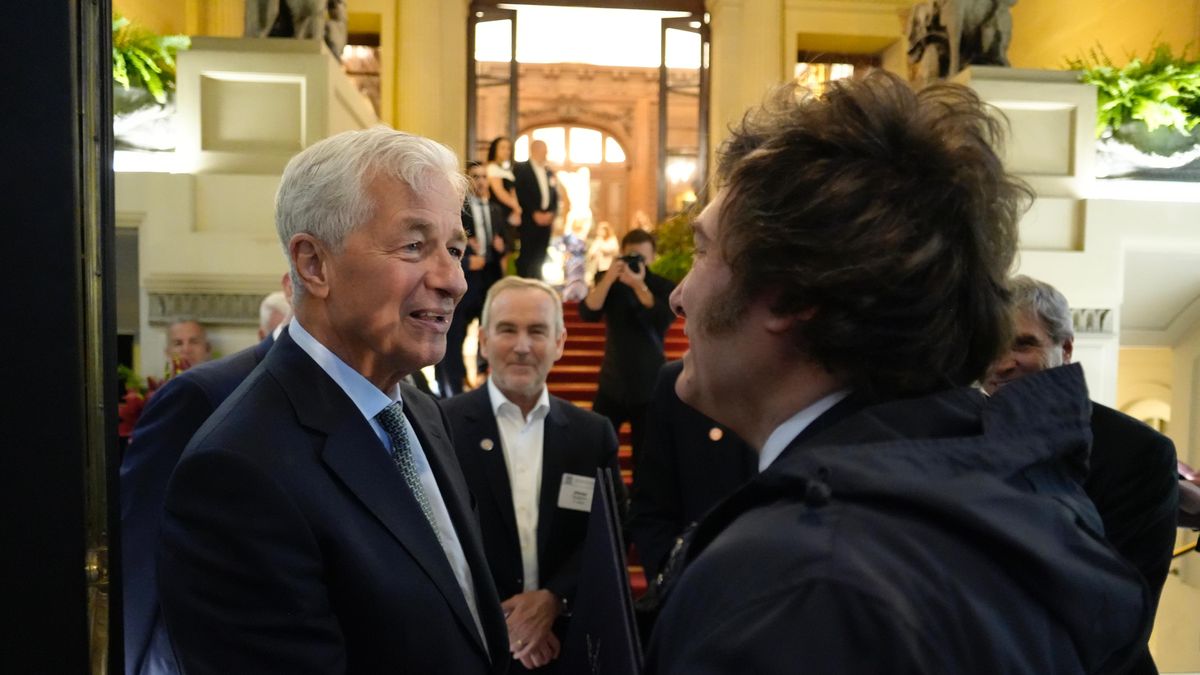The Russian president described the actions of the United States and Israel as an unprovoked aggression. Putin reaffirmed his political support for Tehran, although he avoided promising military help.
During a meeting in Moscow with Iraní Foreign Minister Abás Araqchi, the president of Russia, Vladimir Putin, strongly condemned the recent attacks against Iran. The Russian president described the offensive that included United States bombings on Iranian nuclear facilities and an escalation of Israeli attacks such as “an unprovoked aggression, without foundation or justification.” The meeting took place at the Kremlin and was broadcast on Russian state television.
The content you want to access is exclusive to subscribers.
As it transpired, Araqchi brought a personal letter from the Iranian supreme leader, Ali Khamenei, addressed to Putin, in which support is requested by the Kremlin. However, the exact nature of the required aid was not revealed. Nor did the Russian president publicly mention the offer of military assistancemaintaining the ambiguity about Moscow’s possible response to the Iranian application.


According to sources cited by the Reuters agency, Tehran is not satisfied with the support provided so far by Russia and awaits a more active position against the actions of Washington and Tel Aviv. Iran seeks a greater implication of Kremlin to counteract what he perceives as a coordinated offensive by the United States and Israel. However, Moscow’s position seems to focus, at least for now, on a diplomatic backup rather than a direct military involvement.
Iran-Nuclear.jpg

One of the nuclear bases attacked by the United States.
scope.
In his public statements, Putin expressed his willingness to support the Iranian people, and valued Araqchi’s presence in Moscow as an opportunity to “discuss these hot issues and reflect together on how to get out of the current situation.” Despite this close rhetoric, the Russian leader avoided explicit commitments, even when Iran has been a key supplier of explosive drones used by Russia in his military campaign in Ukraine. The meeting showed the limits of the alliance between Moscow and Tehran in an increasingly volatile international context.
Attack at the headquarters of the Revolutionary Guard of Iran
In a fact that marks an unprecedented escalation in the conflict between Israel and Iran, the Israeli army confirmed a direct attack on Monday on the headquarters of the Iranian revolutionary guard in Tehran. According to Effie Defrin, the main spokesman for the Israel Defense Forces, the Air Force aircraft are executing bombings directed against strategic facilities in the Iranian capital, specifically the headquarters of this powerful military organization.
The attack, which was described as a precise and planned operation, also included Additional objectives linked to the power structure of the Revolutionary Guard. Among them, the headquarters of the Basich paramilitary force and the internal security body are mentioned, both considered key pieces for the social and political control of the Iranian regime.
China condemn the US attack to Iran
China expressed this Sunday His firm rejection of the recent bombing of the United States on three nuclear facilities in Iran, describing it as an action that “contravenes international law” and “intensifies the crisis in the Middle East.” He also urged all parties involved, and in particular to Israel, to stop hostilities “as soon as possible.”
XI Jinping UN Assembly

The president of China, Xi Jinping condemned the US ATAQUÉ to Iran.
South China Morning Post
“The Chinese government strongly condemns the United States attack against Iranian territory and against nuclear facilities that are under the supervision of the International Atomic Energy Agency (OIEA), ”said a spokesman for the Ministry of Foreign Affairs of the Asian country through an official statement.
The official stressed that “this offensive by the United States constitutes a serious violation of the fundamental principles of the United Nations Charter and International Law, in addition to sharpening tensions in the region.”
Source: Ambito




